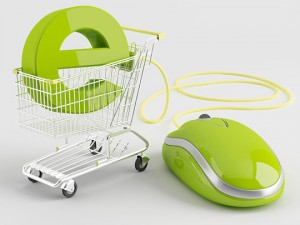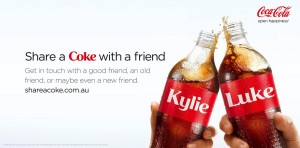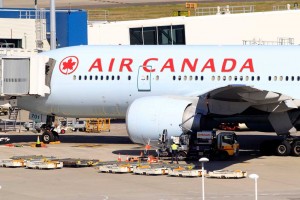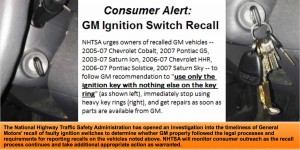Cassandra mentions the increasing consumer popularity of e-commerce and its negative effects on existing shopping malls. Canada expects e-commerce sales to nearly double by 2018. If these trends continue, malls will be at risk of losing a large percentage of their customers.
Cassandra makes many good suggestions on malls finding ways to differentiate themselves from e-commerce and really advertise the positives to doing purchases in person rather than online. I strongly agree with the need to advertise the pros to shopping in stores such as having the ability to have your product immediately rather than waiting weeks for it to be shipped, trying things on to avoid the hassle and frustration of purchasing something that is faulty or the incorrect size. However, they also need to improve their locations by creating an environment that is just as user friendly as online shopping by categorizing products so that they are easy to locate and keeping them clean and organized; this can be further improved and surpass online shopping through excellent customer service. These minor changes make it more appealing to the consumer. However, I also think it is important that malls adapt to the advances in technology rather than differentiating themselves from e-commerce. All stores should create websites where you can purchase certain products online. This way, the consumer can get the best of both worlds out of your company.
Photo Source: http://www.sodtechnologies.com/blog/e-commerce-solution-for-better-shopping-experience/
Photo Retrieved: September 28th, 2014
https://blogs.ubc.ca/cassandracannon/2014/09/25/online-shopping-threatens-malls/



